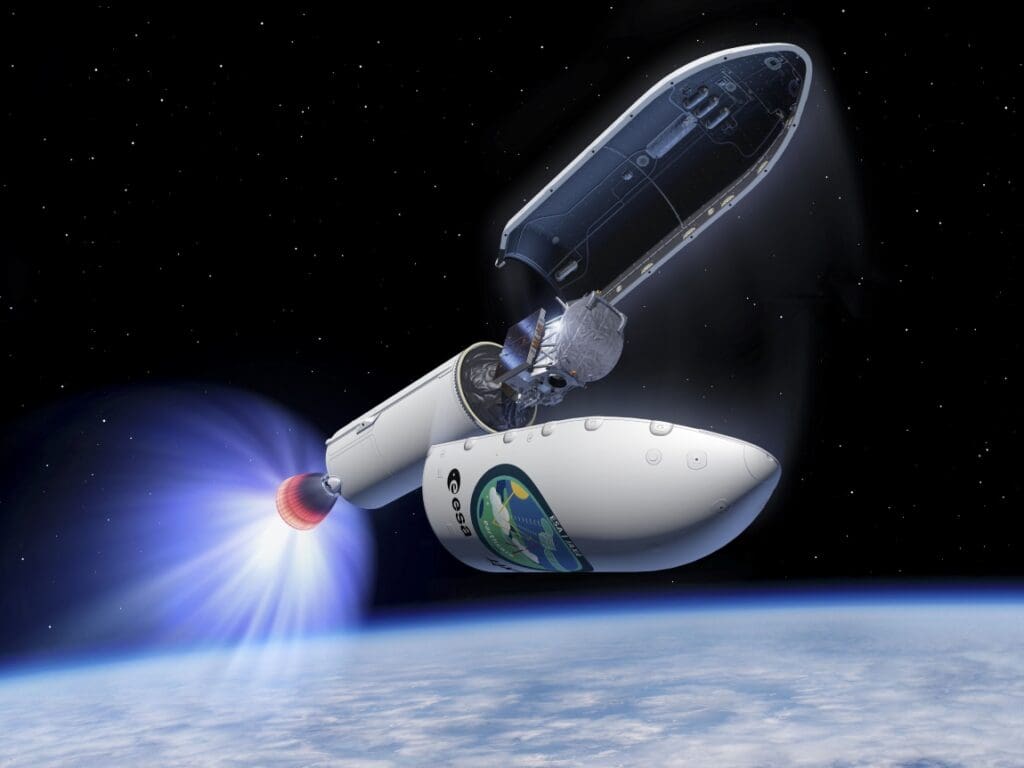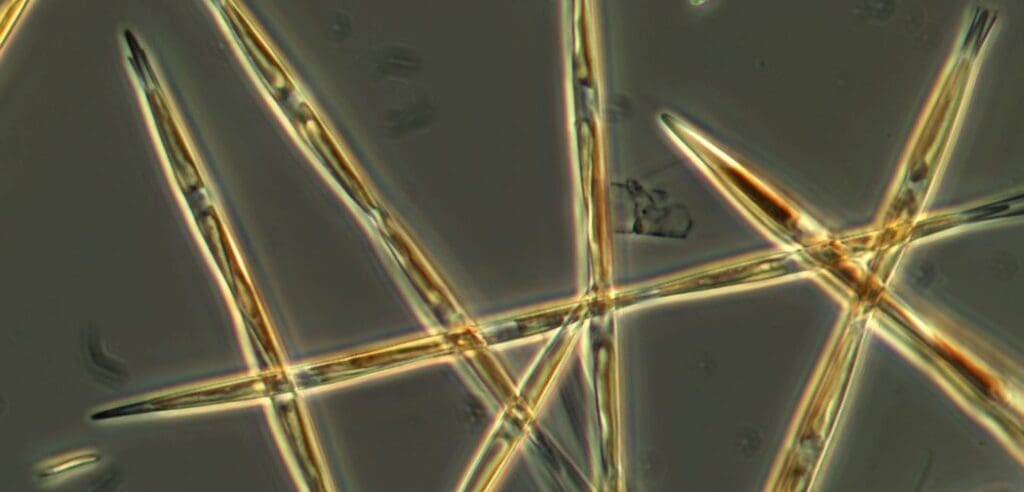By International Institute for Applied Systems Analysis (IIASA)
A new IIASA-led study offers the first detailed estimates of land use change emissions for six sustainable aviation fuel production pathways. The authors focused on both food and non-food raw materials used to produce biofuels, using trusted global data sources to provide fine-scale emissions data.
Biofuels are a promising way to reduce carbon emissions from aviation, thereby helping to meet global climate goals. However, large-scale biofuel production can lead to changes in land use, for example, converting land from previous uses such as forests or grasslands, into crop monocultures that increase carbon emissions if not managed properly.
The study, which has been published in the journal Science of the Total Environment, provides valuable information for policymakers and biofuel producers to make informed decisions about which crops to use and where to grow them to maximize environmental benefits.
“Direct land use change (DLUC) emissions occur when land is converted to grow crops for biofuels, which can reduce the amount of carbon stored in the soil and vegetation. Understanding these emissions is crucial for determining whether sustainable aviation fuels genuinely reduce greenhouse gases compared to traditional fossil fuels,” explains study lead author Neus Escobar, a researcher in the Integrated Biosphere Futures Research Group of the IIASA Biodiversity and Natural Resources Program.
The study looked at six different types of crops proposed by CORSIA – an international aviation emissions reduction program – for the production of sustainable aviation biofuels: soybeans, maize (corn), switchgrass, miscanthus, jatropha, and reed canary grass. The authors used spatial data with global coverage from IIASA sources to calculate the DLUC emissions for each of these crops.
The results showed that soybeans have the highest DLUC emissions on average, meaning they might not be the best choice to meet CORSIA emission reduction criteria. Jatropha and miscanthus had the lowest DLUC emissions, making them a more environmentally friendly option, although their performance varied depending on where they were grown. Due to the higher yields, miscanthus and switchgrass deliver the greatest production potential if cultivated in agricultural areas, replacing up to 20% of fossil kerosene consumption.
“We found that where the crops are grown is just as important as what is grown. Some areas have better conditions for producing low-carbon fuels, like having soil and climate that support high crop yields and low carbon loss. This means that choosing the right locations for growing these crops can help ensure that sustainable aviation fuels are truly sustainable,” says Escobar.
The authors further highlight that current methods used by CORSIA might not be sufficient to promote the carbon-neutral growth of the sector, as even in areas that meet CORSIA’s current sustainability criteria, the production of sustainable aviation fuel can only replace a small portion of the fossil kerosene market. To address this, more precise guidelines and measures are needed to ensure that aviation biofuels actually deliver the promised greenhouse gas reductions needed to help the aviation industry achieve net-zero emissions by 2050.
“Our study identifies areas that meet and don’t meet CORSIA’s sustainability criteria for reducing greenhouse gases and conserving land and biodiversity. This can help policymakers determine where targeted interventions are needed to promote the raw materials with the lowest environmental impact and highest greenhouse gas savings in each location. We also suggested improvements for CORSIA to better reflect diverse crop production possibilities and help biofuel producers identify raw materials and agricultural practices that meet CORSIA’s requirements for sustainable fuel production,” Escobar concludes.
- As an EU observer in the Committee on Aviation Environmental Protection (CAEP), Escobar contributed to the definition of guidelines and the estimation of accepted values for different raw materials used to produce biofuels – in this case induced land use change values with the IIASA Global Biosphere Management Model (GLOBIOM). Study coauthor Robert Malina is a task-lead for the International Civil Aviation Organization’s Fuels Task Group/life cycle assessment sub-group. Several other IIASA researchers currently serve as EU observers in CAEP meetings and work on the estimation of induced land use change values as part of the Fuels Task Group/induced land use change sub-group.
***
The International Institute for Applied Systems Analysis (IIASA) is an international scientific institute that conducts research into the critical issues of global environmental, economic, technological, and social change that we face in the twenty-first century. Our findings provide valuable options to policymakers to shape the future of our changing world. IIASA is independent and funded by prestigious research funding agencies in Africa, the Americas, Asia, and Europe. www.iiasa.ac.at.
More information: Neus Escobar, Gonca Seber, Rastislav Skalsky, Michael Wögerer, Martin Jung, Robert Malina, ‘Spatially-explicit land use change emissions and carbon payback times of biofuels under the Carbon Offsetting and Reduction Scheme for International Aviation (CORSIA)’, Science of the Total Environment (vol. 948 174635: 2024); DOI: 10.1016/j.scitotenv.2024.174635 | IIASA Press Release/Material. Featured image credit: Pixabay | Pexels




